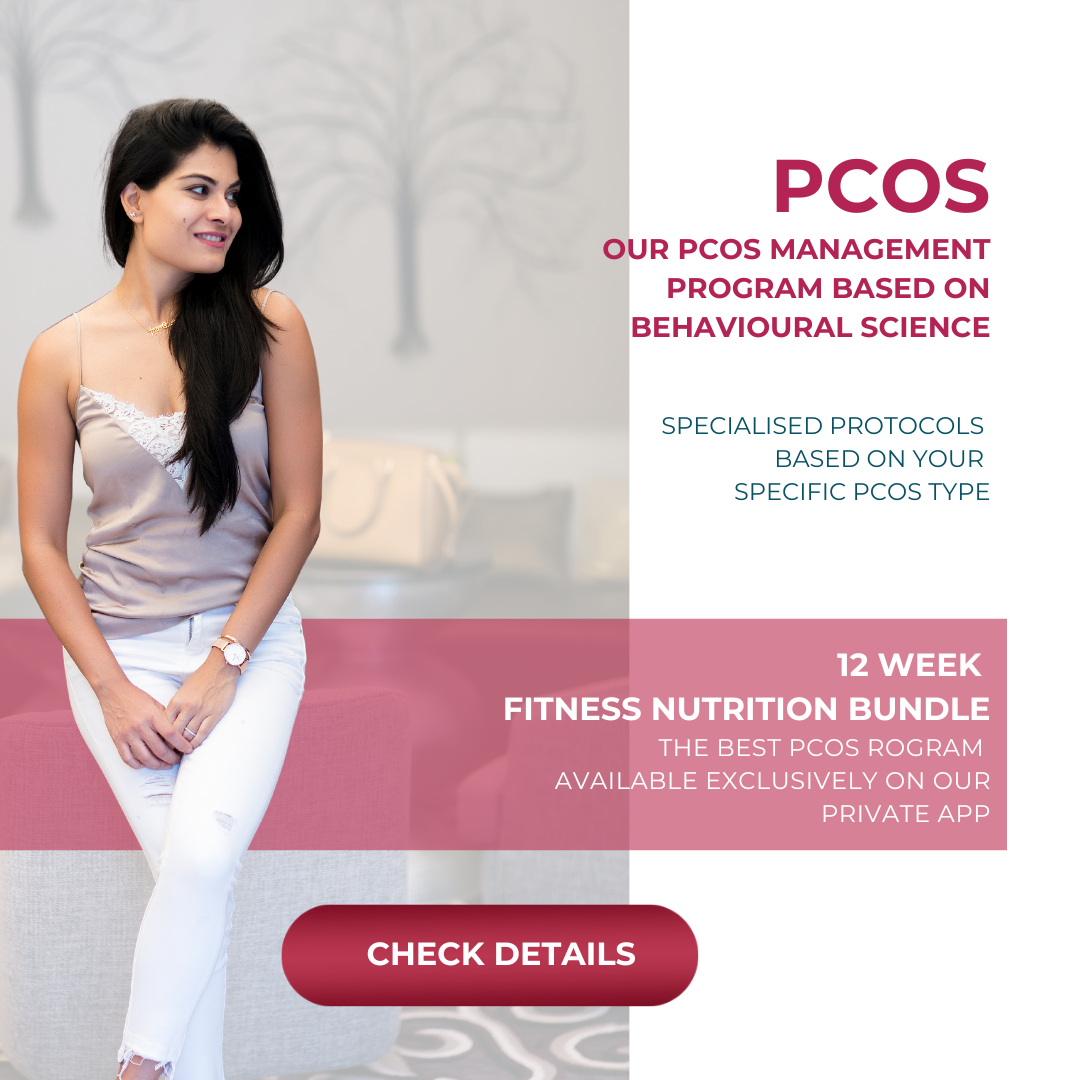Foods rich in Riboflavin
Riboflavin, also known as Vitamin B2, is a vital nutrient essential for various bodily functions, including energy production, metabolism, and maintaining healthy skin and vision. As a water-soluble vitamin, riboflavin cannot be stored in the body, emphasising the importance of regular dietary intake to meet daily requirements. Found abundantly in a diverse array of foods, riboflavin plays a crucial role in supporting overall health and well-being.
Foods high in riboflavin (Vitamin B2):
- * Lean meats (such as beef, lamb, and pork)
- * Poultry (such as chicken and turkey)
- * Fish (such as salmon, trout, and mackerel)
- * Dairy products (such as milk, yoghourt, and cheese)
- * Eggs
- * Leafy green vegetables (such as spinach, kale, and broccoli)
- * Fortified cereals and grains (such as breakfast cereals and whole grain bread)
- * Nuts and seeds (such as almonds, sunflower seeds, and peanuts)
- * Legumes (such as lentils, chickpeas, and beans)
- * Mushrooms
To increase the absorption of riboflavin from these foods, you can pair them with sources of other B vitamins, such as:
-
* Whole grains: Pairing riboflavin-rich foods with whole grains like brown rice, quinoa, or whole wheat bread can enhance absorption due to their high content of other B vitamins like thiamine (B1), niacin (B3), and pyridoxine (B6).
-
* Leafy greens: Combining riboflavin-containing vegetables with leafy greens rich in folate (such as spinach or kale) can improve absorption, as folate works synergistically with riboflavin.
-
* Protein sources: Consuming riboflavin-rich foods alongside protein sources like lean meats, poultry, fish, or legumes can enhance absorption, as protein aids in the transportation and utilisation of B vitamins.
- * Citrus fruits: Pairing riboflavin-containing foods with citrus fruits like oranges, grapefruits, or strawberries can boost absorption, as the vitamin C found in these fruits facilitates the absorption of riboflavin and other nutrients.

